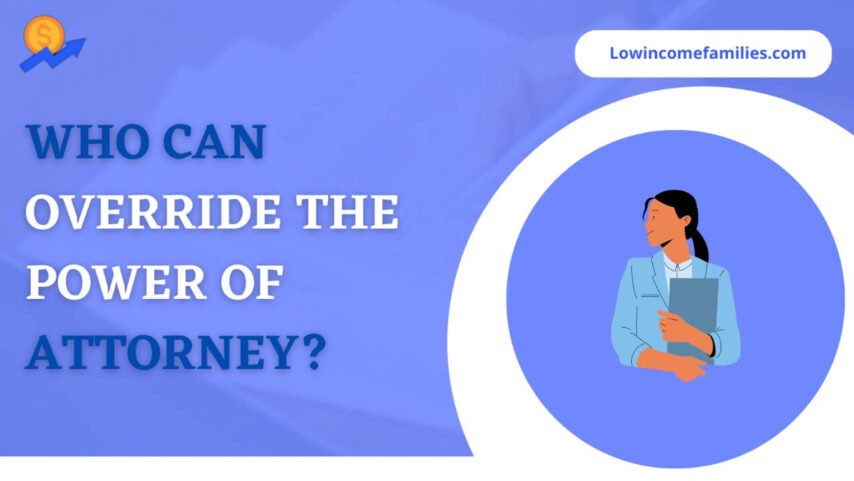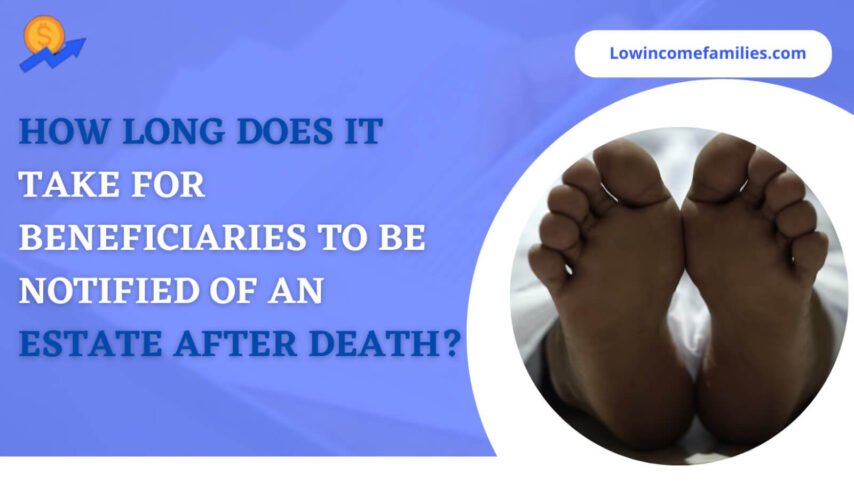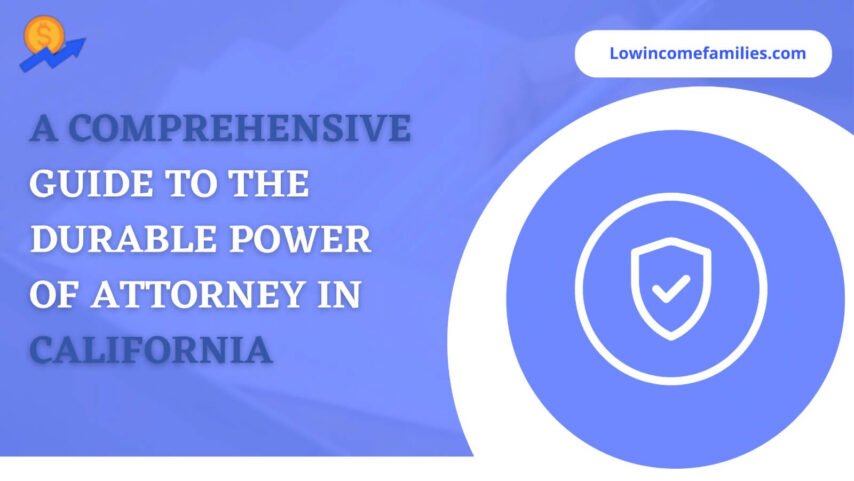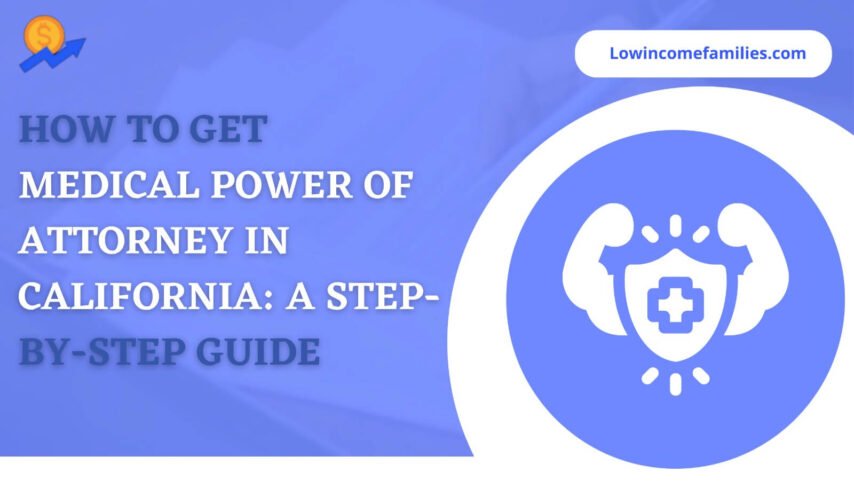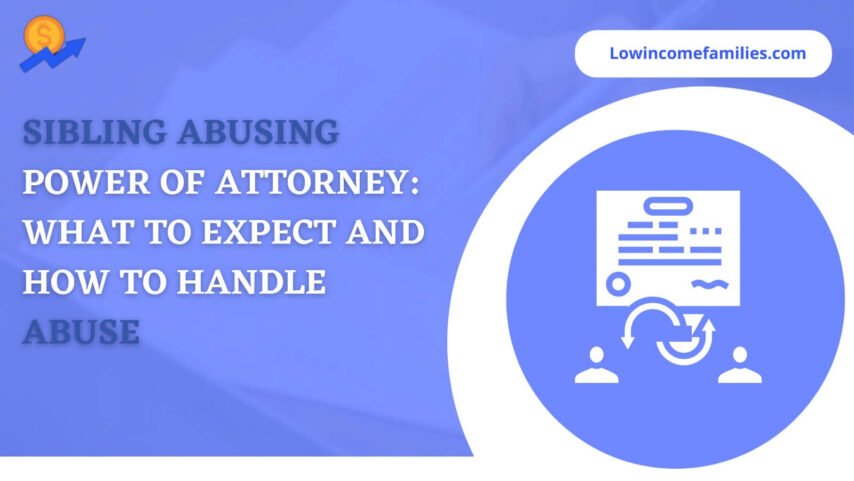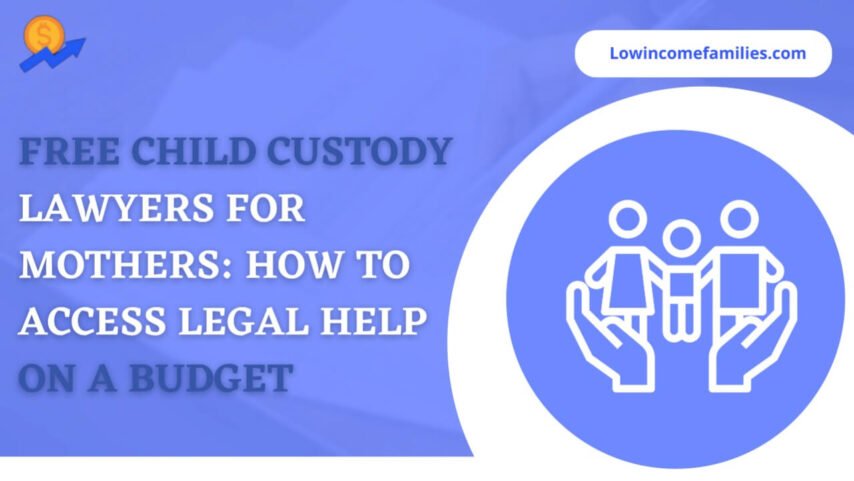Power of attorney is necessary if you are incompetent or unable to make choices on your behalf. The purpose of a power of attorney is to allow the principal to delegate certain responsibilities and make decisions if they cannot do so themselves, whether due to incapacity or other reasons. However, a POA can be overridden in some cases by those who can override a power of attorney.
A court of law can override a power of attorney in certain circumstances, such as when the principal becomes incapacitated, if there is evidence of fraud or misconduct by the attorney-in-fact, if there are conflicts of interest, or if the attorney-in-fact violates their fiduciary duty. This makes the court one of the entities who can override a power of attorney.
In this blog post, we will discuss who can override the power of attorney and the legal basis for doing so. We will cover the different types of POA, the situations in which POA can be overridden, and the steps that can be taken to ensure that the POA remains valid and in effect.
What Is Power Of Attorney?
A power of attorney (POA) is a crucial component of any estate plan, even though it might be unsettling to consider requiring one. Using a power of attorney, you can choose someone to handle your property, health, or financial matters.
Anyone over 18 can make a POA, and it’s a typical place to start for those who are prepared to begin putting their future goals in writing. The POA grants the attorney-in-fact (also known as “agent”) the authority to handle your affairs.
Check Also: How to Get Free Child Custody Lawyers For Mothers 2023?
What Is The Purpose Of Power Of Attorney?
The purpose of power of attorney is to give another person, known as the attorney-in-fact, the authority to act on behalf of the grantor (also known as the principal). This can include making financial decisions, managing property, and making healthcare decisions, among other things.
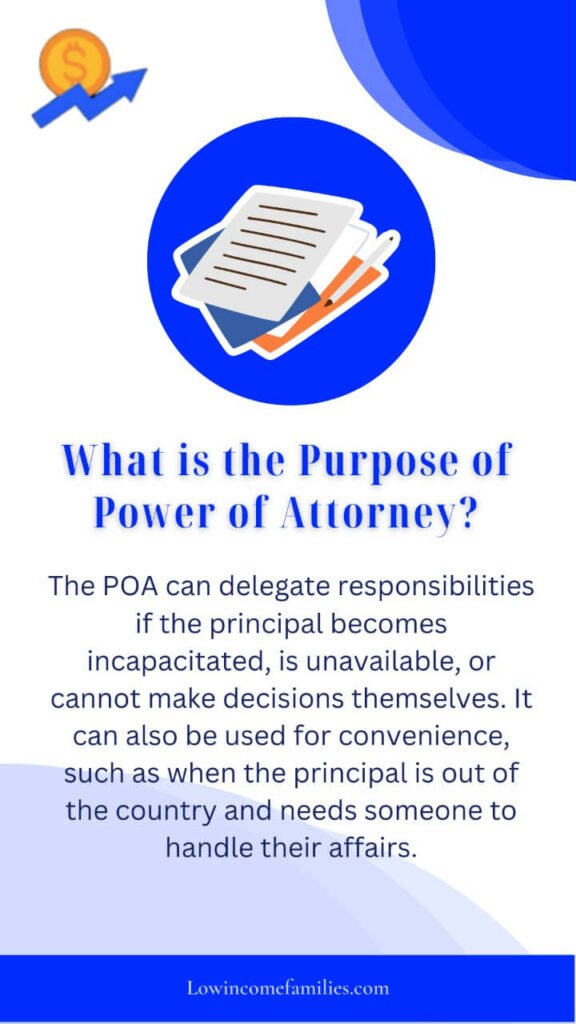
However, it’s important to note that a POA can be limited by those who can override a power of attorney. The POA can delegate responsibilities if the principal becomes incapacitated, is unavailable, or cannot make decisions themselves. It can also be used for convenience, such as when the principal is out of the country and needs someone to handle their affairs.
Check Also: What To Expect And How To Handle Abuse? When Sibling Abusing Power Of Attorney.
Types Of Power Of Attorney
A person can choose from several types of power of attorney (POA), each with its advantages and disadvantages. The type of POA chosen will depend on the specific needs and wishes of the principal.
-
Durable Power Of Attorney
This kind of power of attorney is frequently used to ensure that someone can handle the principal’s financial and legal affairs in the event of incapacitation. Until the principal revokes it, passes away, or if the court is who can override a power of attorney, the lasting power of attorney is in effect.
-
Springing Power Of Attorney
This type of power of attorney is frequently used as a protective measure in case the principal becomes incapacitated. It only goes into effect if the principal cannot make decisions for themselves, usually determined by a doctor or other medical professional.
-
Limited Power Of Attorney
This type of power of attorney is used for specific transactions or situations. It gives the agent the authority to make decisions or take actions on the principal’s behalf for a specific purpose, such as buying or selling a property. It is in a particular timeframe and expires after the transaction is completed.
Medical Power Of Attorney
This kind of power of attorney, also known as a healthcare proxy, enables the agent to make decisions regarding the principal’s medical treatment if they cannot do so themselves. This may involve selecting a course of therapy, a drug, and care for the dying. The principal may define their medical preferences and wants, and the agent will make decisions in accordance with those choices.
-
Financial Power Of Attorney
This type gives the agent authority to handle the principal’s financial affairs, such as managing bank accounts and investments and paying bills. It can also include making decisions about taxes, insurance, and other financial matters. It can be used to handle the principal’s affairs while they are away or unable to do so themselves or as a protective measure in case the principal becomes incapacitated.
Check Also: How To Get Medical Power Of Attorney In California?
Who Can Override The Power of Attorney?
A power of attorney is a powerful legal tool and should be used cautiously. It’s important to regularly review the POA document to ensure that it reflects the principal’s wishes and revoke it if it’s no longer needed. One should know its limitation clearly to identify who can override a power of attorney.
-
The Principal Revokes The POA
The principal is one of the people who can override the power of attorney and can withdraw or cancel the POA at any time if they can still make decisions. This can be done by providing written notice to the agent and any third parties who have been given notice of the POA.
Why: The principal may have a change of heart or may no longer trust the agent to make decisions on their behalf. This may be due to a change in the relationship between the principal and agent, or the principal may have become aware of actions taken by the agent that they disagree with. Additionally, the principal may have no further need for the POA, such as if the purpose for which it was created has been fulfilled.
When: The principal can revoke the POA at any time as long as they can still make decisions. It’s important to note that the timing of revocation can be crucial, as an agent’s actions taken in good faith before revocation may still be legally binding.
How: The principal, who is the person who can override the power of attorney, must provide written notice of the revocation to the agent and any third parties who have been given notice of the POA. It is also recommended that the principal inform relevant organizations or institutions, such as banks or government agencies, of the revocation. This can be done by physically visiting the institutions, sending a letter or email, or filing a revocation form with the state.
How Long After a Person Dies Will Beneficiaries Be Notified
-
The Principal Becomes Incapacitated
The POA will automatically be suspended if the principal becomes incapacitated and can no longer make decisions. The agent’s authority will then be limited to making decisions on the principal’s behalf only if the POA specifically grants the agent the power to make decisions when the principal is incapacitated.
Why : An incapacitated principal may not be able to revoke the POA or make decisions for themselves. This may occur due to various factors, such as illness, injury, or cognitive decline. In such cases, it is important to have measures in place to protect the principal’s interests and assets.
When : When the principal becomes incapacitated and unable to make decisions for themselves. This can be determined by a physician, who can provide a written statement attesting to the principal’s incapacity.
How : If the principal becomes incapacitated, the POA will be automatically suspended.
-
When The Court Intervenes
In certain situations, a court may intervene and thus is among those who can override a power of attorney. For example, if the agent acts against the principal’s best interests, a court may appoint a guardian or conservator to make decisions on the principal’s behalf.
Why : The court may intervene if the agent is not acting in the principal’s best interest or if there is evidence of abuse or exploitation. This may be due to mismanagement of funds, self-dealing, or neglect of the principal’s care.
When : If there is evidence of abuse or exploitation of the principal by the agent or if the agent is not acting in the principal’s best interest, a petition can be filed with the court to appoint a guardian or conservator.
How : A family member, friend, or another interested party can petition the court to appoint a guardian or conservator. The court will then hold a hearing to determine if intervention is necessary and who should be appointed as guardian or conservator.
-
Any Specific Provision In The POA
Some POA documents may have provisions limiting the agent’s authority. If the POA does not grant the agent the power to take a specific action, the agent cannot accept that action.
Why : To protect the principal’s assets and interests and to limit the agent’s authority. This can include restricting the agent’s actions, such as selling property or making gifts, or limiting the agent’s reference to a certain period.
When : When the POA document is written, with the specific powers and limitations clearly defined. This can be done by consulting with an attorney to ensure that the POA document reflects the principal’s wishes and protects their interests.
How : Including specific provisions in the POA document limits the agent’s authority. This can include specifying that the agent cannot make certain decisions, such as selling real estate or making gifts, or that the agent’s authority is limited to a certain period. Additionally, the POA may include language allowing the principal to revoke the POA under certain conditions, such as if the agent is acting against the principal’s best interests.
What Are The Challenges Faced With The Power Of Attorney?
Following are the challenges faced often with the power of attorney :-
-
Misuse Or Abuse Of Power
One of the biggest challenges with power of attorney is the potential for the person holding power (the “attorney-in-fact”) to misuse or abuse their authority. This can include using the power for personal gain or making decisions, not in the best interest of the person granting the power (the “principal”). In these cases, it is crucial to know who can override a power of attorney and take action to prevent further abuse.
For example, an attorney-in-fact might use the power to transfer money from the principal’s bank account into their account, or they might make decisions about the principal’s healthcare that are not in line with the principal’s wishes. In such situations, the parties who can override a power of attorney, such as family members or a court, should be notified, and appropriate action should be taken to protect the principal’s interests.
-
Difficulty In Revoking Power Of Attorney
Once power of attorney has been granted, it can be difficult to revoke. This can be particularly challenging if the attorney-in-fact is not acting in the principal’s best interests or if the principal becomes incapacitated and cannot withdraw the power themselves.
For example, if the principal becomes incapacitated, they may be unable to revoke the power themselves. Additionally, suppose the attorney-in-fact is not acting in the principal’s best interests. In that case, it can be difficult for family members or other interested parties to have the power revoked.
-
Lack Of Oversight
There is often little oversight of the actions taken by an attorney-in-fact, which can make it difficult to detect or prevent misuse or abuse of power. For example, an attorney-in-fact might sell the principal’s property without disclosing the sale to other family members or the principal themselves. In such cases, it is crucial to know who can override a power of attorney, such as a court or other interested parties, to take appropriate action to protect the principal’s interests.
-
Complexity Of The Process
The process of granting power of attorney can be complex. It can be difficult for people to understand the legal implications of their signing. For example, an individual might not fully understand the scope and limitations of the power they give to the attorney-in-fact.
-
Disputes Among Family Members
Power of attorney can also be a source of conflict among family members, especially if different family members have other ideas about what is in the principal’s best interests. This can lead to disputes over who should have power of attorney and what decisions should be made.
For example, one family member may want the attorney-in-fact to make certain financial decisions, while another family member may disagree with these decisions and advocate for different actions. This can lead to disputes over who should have power of attorney and what decisions should be made.
Conclusion :-
To sum up, a power of attorney is a formal document that authorizes an attorney-in-fact to conduct in the principal’s place. However, knowing who can override a power of attorney under certain circumstances is crucial.
Suppose you’re considering granting power of attorney to someone. In that case, it’s a good idea to consult with a lawyer or financial advisor to ensure that you fully understand the document’s implications and that who can override a power of attorney. Additionally, if you suspect that a power of attorney is being misused or abused, you should seek legal advice.
We hope you found this article to be interesting and useful. Please feel free to leave feedback below or contact us directly if you have any further queries or concerns. We’ll be delighted to help you.
Frequently Asked Questions
Can a family member override the power of attorney?
It depends on the state’s specific circumstances and laws where the power of attorney is granted. In some cases, a court may determine that it is in the principal’s best interest to override the power of attorney if there is evidence of misuse or abuse of power by the attorney-in-fact. Family members can also petition the court to have a power of attorney revoked.
How to take power of attorney away from someone?
The power of attorney can be removed by the principal revoking it or by a court order. The principal can revoke the power of attorney by providing written notice to the attorney-in-fact and should notify anyone affected by the revocation, such as financial institutions.
How to revoke power of attorney?
The power of attorney can be revoked by the principal providing written notice to the attorney-in-fact and notifying anyone else who may be affected by the revocation, such as financial institutions. It can also be revoked by a court order if there is evidence of misuse or abuse of power by the attorney-in-fact.
Do you need a lawyer to revoke the power of attorney?
While it is not always necessary to have a lawyer to revoke power of attorney, it can be helpful to consult with a lawyer to ensure that the revocation is done properly and that the principal’s rights are protected.
Does a new power of attorney override an old one?
It depends on the language used in the new power of attorney document. If the unique power of attorney specifically revokes any previous powers of attorney, then it would override any old ones.
If the unique ability of the attorney is silent on the matter, it may not automatically revoke any previous powers of attorney. It is always recommended to consult a lawyer to ensure the correct documents are being used and to know who can override a power of attorney in case of misuse or abuse of power.
If you think that given information is useful, please share this article with you family and friends. For more information please visit https://lowincomefamilies.com.
